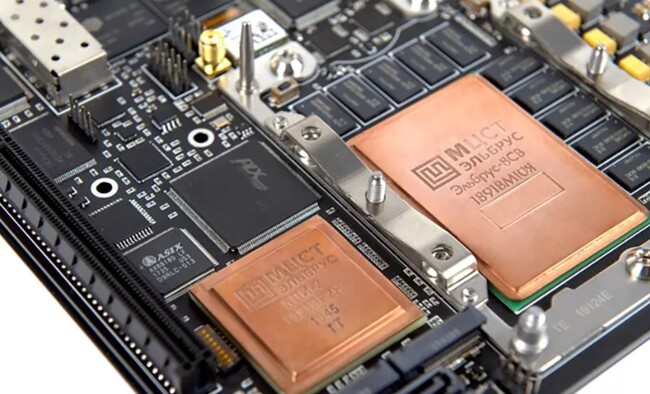After Apple Microsoft is also creating its own ARM processor for its several servers and Surfaces. First it was Apple that said goodbye to these processors and announced months ago the transition to their ARM chips in their desktops and laptops, but it seems that they are not the only ones considering that jump.
According to Bloomberg News, Microsoft is working on the design of its own ARM processors , chips that it would use in its servers and cloud infrastructure, but which apparently could also be aimed at its Surface family of computers.
Problems for Intel (and for AMD) and need of Microsoft ARM processor
Bloomberg highlights how the servers in the data centers that make up the Azure platform are based on Intel processors, which are also used in most of the equipment in the Surface range.
In recent times, however, the company has begun to propose alternatives based on ARM processors like the Snapdragon SQ1 that were part of the Surface Pro X. A few months later they renewed that product with a slight variation of that microprocessor, the SQ2, co-developed between Microsoft and Qualcomm.

The movement they are talking about at Bloomberg seems especially focused on taking advantage of ARM microphones in their data centers, but there could also be versions prepared to be used on their Surface.
If the data is correct, Intel (and by extension AMD) could find things very complicated : precisely the data center segment is a fundamental part of its business, and if the trend spreads to other manufacturers we could be witnessing a real market disruption with ARM chips as the absolute protagonists.
The question is not only that Microsoft designs these ARM processor chips, but that its Windows 10 operating system (which has long had a version for ARM chips) takes advantage of all these features and provides a transparent transition to users.
Precisely one of the limitations of current computers based on ARM chips and Windows 10 ARM is in the software, which allows you to run 32-bit x86 applications and which just a few days ago began to allow the emulation of 64-bit applications. The challenge for the Redmond company if it decides to go this way is therefore colossal.
Via | Bloomberg News

